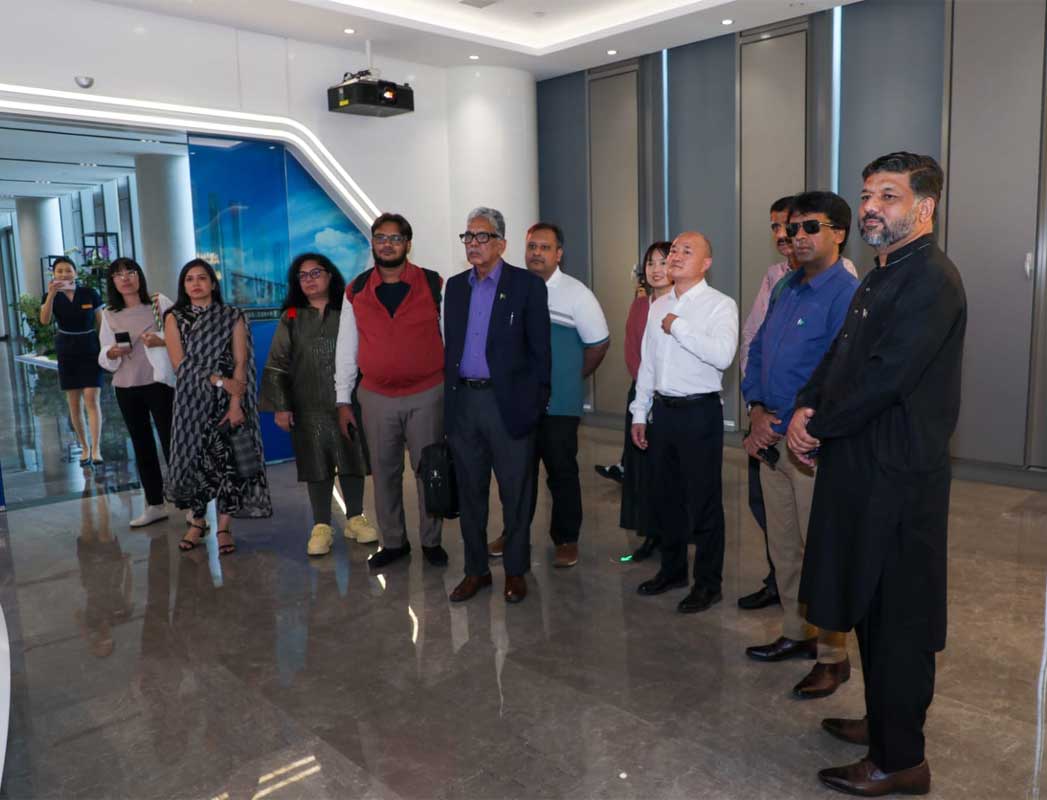Pakistan has formally requested $1 billion from the IMF’s Resilience and Sustainability Trust (RST), a facility aimed at helping developing economies adapt to climate-related challenges. This comes on the heels of the IMF’s $7 billion bailout agreement with Pakistan, where the RST fund would support long-term concessional financing for climate resilience and clean energy transitions.
Simultaneously, Pakistan is exploring other avenues to stabilize its financial footing, including the issuance of its first Panda bond. Finance Minister Muhammad Aurangzeb discussed the possibility of raising $200-250 million through the Panda bond, marking Pakistan’s entrance into China’s capital market. Collaborations are also underway with the Asian Infrastructure Investment Bank (AIIB) and other international financial institutions to secure credit enhancements for the bond, providing Pakistan with a diversified funding source.
Minister Aurangzeb reported progress in Pakistan’s macroeconomic stability, with reduced inflation rates, bolstered reserves, and improved foreign currency stability. In an ongoing bid to revitalize the economy, the government aims to privatize state-owned enterprises (SOEs), starting with Pakistan International Airlines (PIA) and outsourcing Islamabad International Airport’s operations. The minister explained that macroeconomic stability and thorough due diligence have delayed these efforts by approximately five months to ensure that incoming investments are sustainable and reliable.
Efforts to increase Pakistan’s tax base remain a cornerstone of its fiscal strategy, with a focus on real estate, retail, and agriculture sectors that have traditionally been under-taxed. The government is implementing reforms to counter issues like leakage, theft, and corruption in tax collection, aiming for a 40% increase in tax revenues this fiscal year. Additionally, Aurangzeb highlighted the importance of cooperative federalism through the National Fiscal Pact, seeking to improve the tax-to-GDP ratio with active provincial government involvement.
Furthering international business ties, Aurangzeb met with the US-Pakistan Business Council, urging American firms to explore opportunities in Pakistan’s sizable market, especially under the Special Investment Facilitation Council (SIFC). He encouraged US companies to benefit from the government’s supportive policies and explore mutually beneficial partnerships.
Aurangzeb’s agenda in Washington included discussions with major investors organized by Citibank, Standard Chartered, and JP Morgan, where he presented Pakistan’s recent economic reforms in taxation, energy, SOE privatization, and government restructuring. These discussions emphasized the government’s commitment to creating a more investor-friendly environment by addressing systemic inefficiencies and building sustainable economic policies.
To Keep Updated Visit & Follow our Facebook Page Or Our Website




